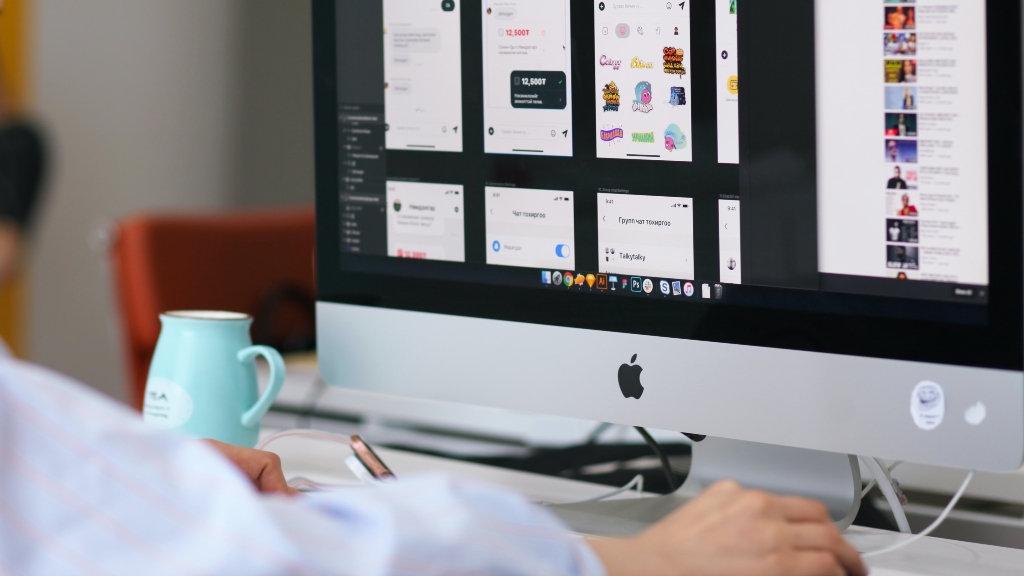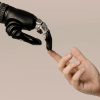The world of AI-generated art has become far more nuanced in the past few years. Perhaps the most demonstrative companies in this debate are Shutterstock and Getty Images, two diametric opposites in the spectrum of art generation.
In a press release, Shutterstock announced its partnership with Open AI, vowing to use the technology in a way that is “responsible and transparent.”
Paul Hennessy, CEO of Shutterstock, believes this partnership was inevitable.
“The mediums to express creativity are constantly evolving and expanding. We recognize that it is our great responsibility to embrace this evolution and to ensure that the generative technology that drives innovation is grounded in ethical practices.”
But Getty Images has a wildly different idea of what constitutes “ethical practices,” as demonstrated by their response to AI-generated art.
“We took a step around AI-generated imagery to protect our customers…There’s a lot of questions out there right now — about who owns the copyright to that material, about the rights that were leveraged to create that material — and we don’t want to put our customers into that legal risk area,” said Craig Peters, CEO of Getty Images, in an interview with The Verge.
The legal risk area of which he speaks stems from AI art generators’ propensity for “scraping” images from the Internet to create their compilations; these images are often copyrighted, and while there is no legal precedent regarding their use as of now, Peters fears that future legislation will not look kindly upon the process.
At face value, Shutterstock’s motive appears to be to lean into the trend of using AI technology to generate or enhance art – always, of course, erring on the side of “ethical” use – while Getty Images remains firmly in the camp of avoiding art generation altogether.
It is worth noting that Getty Images is not entirely against AI-aided creation. The company recently added features to its website courtesy of Bria, an Israeli firm that uses AI tools to edit artwork. This kind of AI work is what Peters views as ethical and responsible for the customer to use, drawing a clear line between his company’s ethos and that of Hennessy’s.
Jack Lloyd has a BA in Creative Writing from Forest Grove's Pacific University; he spends his writing days using his degree to pursue semicolons, freelance writing and editing, oxford commas, and enough coffee to kill a bear. His infatuation with rain is matched only by his dry sense of humor.










































